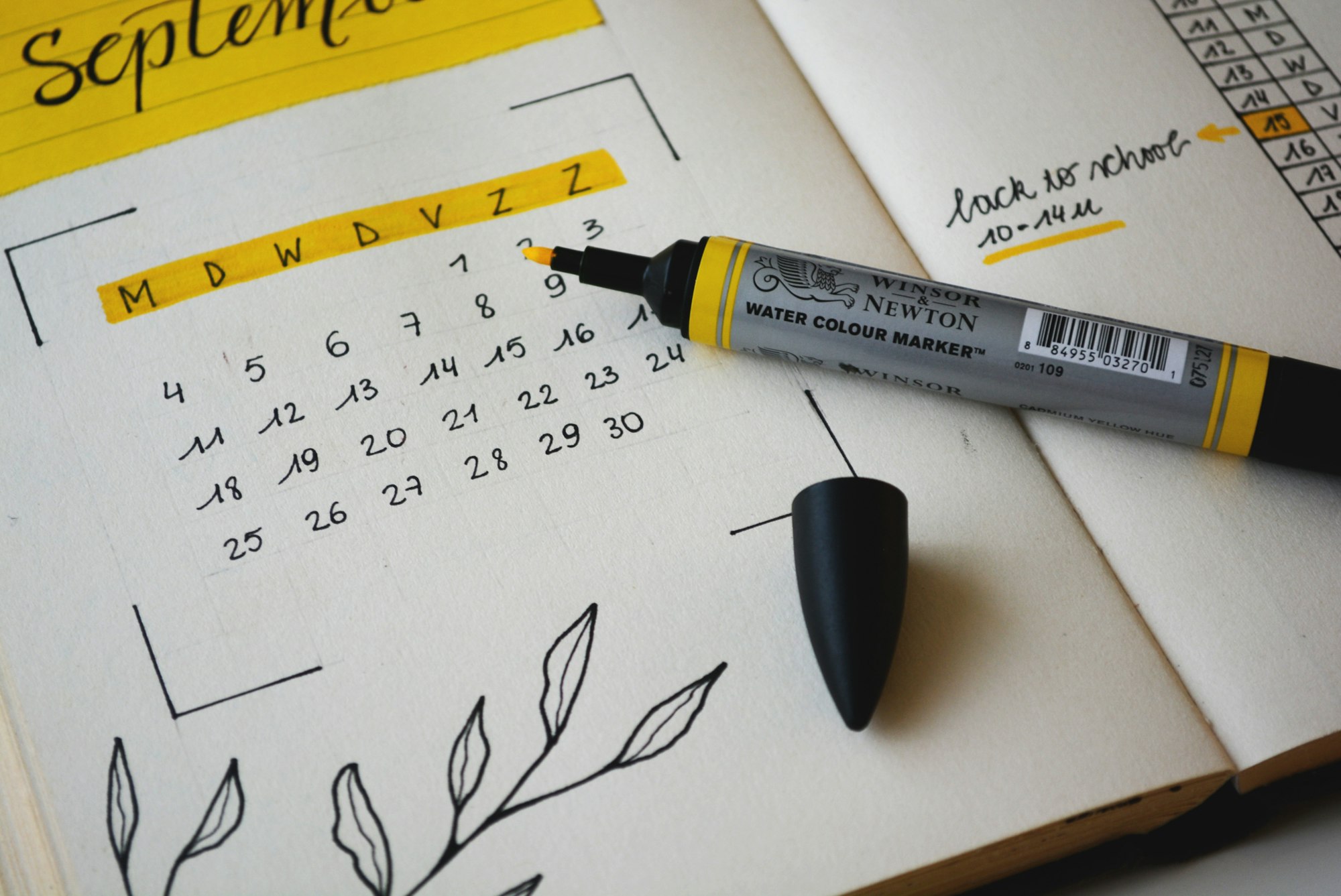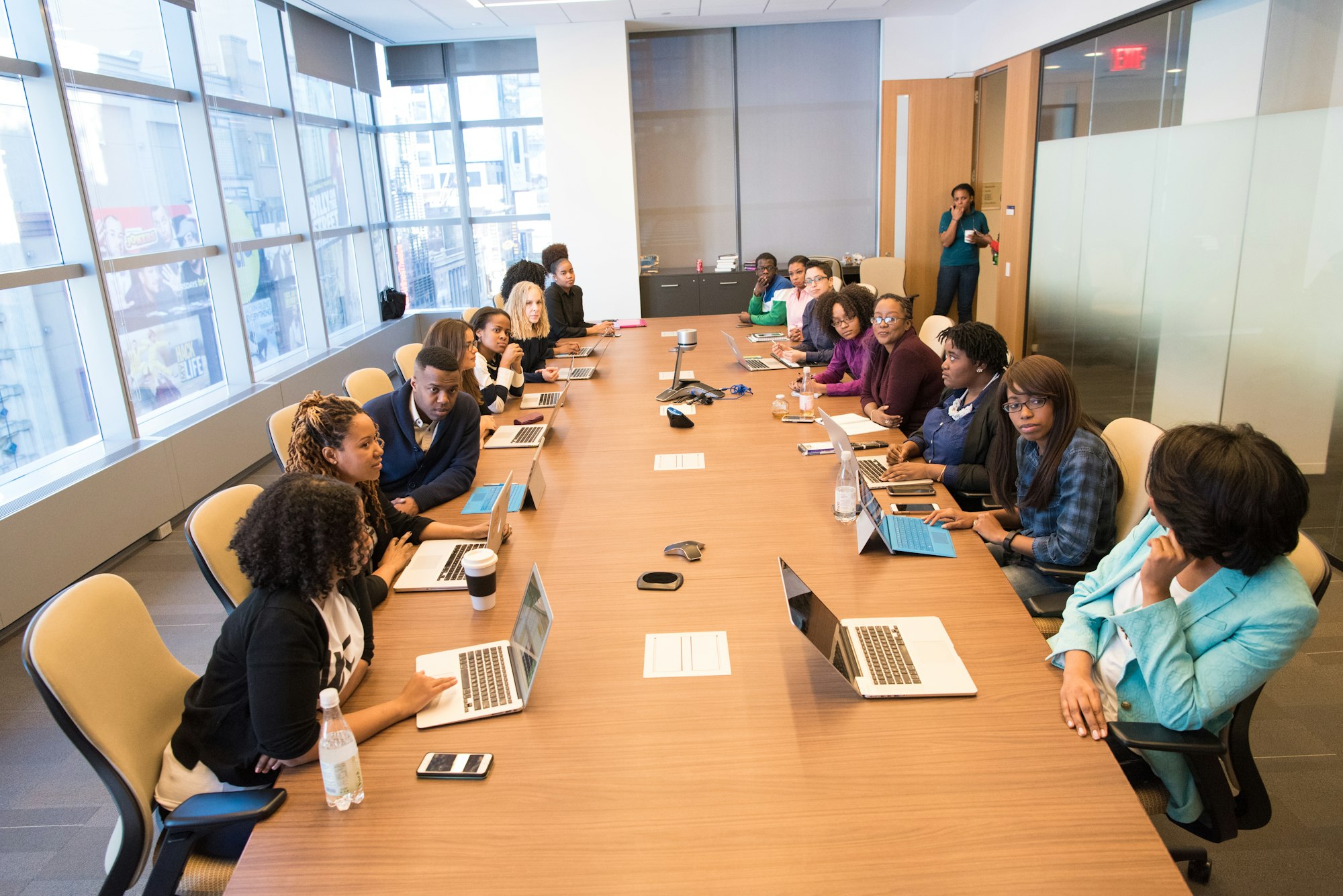How to Stop Overthinking (JHP Day 15)

I class myself as a massive overthinker. I have more of a tendency for writing than speaking, and even when I started this blog, writing a draft for a post I was happy with would take me days, poring over each paragraph or sentence to make sure it sounded just right.
Overthinking is a habit that can be very unhealthy and paralysing if you let it get to you too much. It almost stopped me from starting this website, but over the years, I've learnt to gain a passive handle on it somewhat.
But what about when it gets to be too much? This video from Ali Abdaal gave me some amazing insights on active strategies and mindsets to get over the habit, and I'll be talking about them in this post.
What is Overthinking?
Overthinking is broadly classed in the same category as 'analysis paralysis': the act of stopping ourselves from taking action on things because we're in our heads about them so much.
We get this idea that the more we think about whatever it is we're scared to act on, the more info we'll get - which in theory would result in a more informed, better decision in the process. This causes us to really slow down, and inhibits our own development.

In the video, Ali goes over two different frameworks for how we look at overthinking:
Past and Future
The first framework describes overthinking in the past tense, based on previous experience.
Someone said or did something that caused us to create this mental narrative - for example, "that person sent me this text which means the feel such and such" which causes us to feel bad, centre on those negative emotions and ruminate on them, making us feel even worse. In reality, often the mental narrative we create isn't true at all. The solution to that type of thinking delves more into stoicism, and the idea that you can't affect those sorts of outcomes after they have happened, or if they are a part of someone else's autonomy. I talk more about that in my post on uncertainty.

The second framework, which looks at overthinking in the future sense, is the one most of us deal with when it comes to taking action on new ventures. Overthinking on new experiences that which we're scared of delving into can lead to not following big dreams, and eventually living lives we regret - a really dangerous prospect, given how time is such an important asset in our lives.
The broad reason for this mindset is based on anxiety and fear. Brené Brown's book 'Atlas of the Heart', defines both of these in a really useful way:
Fear is a response to an immediate threat to our survival.
For example, a lion walking into the room.

Anxiety is the perception of a future threat to our survival.
We tend not to overthink fear, simply because we have no other choice but to act on it in the moment, or risk our lives. The flight, in fight or flight.
But we do tend to overthink the anxiety - wonder about if something might go badly, and all the dangers it might cause. In the modern world, that kind of overthinking tends to be more directed at social risks - asking someone out on a date, uploading your first YouTube video or anything else that makes us stand out from the crowd and seek social approval.

Those kinds of things scare a lot of us because it exposes us directly to the possibility of rejection. The amygdala, which deals with fear and rejection also deals a lot with social threat, and has adapted to act on our survival for generations. Thinking back to the times of cavemen - if you do something to make yourself an outcast from the group, you have no friends for protection, or food, so your chances for continued survival fall off a cliff. The problem is, in today's world, that evolutionary mindset isn't so helpful.
So recognising that overthinking is just a fear, there are a few things that help us to take action despite overthinking. And given that we'er so good at overthinking, all of these steps are mental frameworks.
1 - Think in Terms of Experiments.
Tell yourself whatever you're going to do is an experiment. Something about that word takes all the pressure off the decision. This blog was originally an experiment for me. I wasn't signing up to do it forever, I just thought of trying it out and seeing what happens. I couldn't be more glad at having made that decision.
Thinking like this steers you away from assigning any specific desire for an outcome to what you're doing. It's an acknowledgement of the impossibility for being able to predict that outcome, and a comfort that's found within that acknowledgement.

When we experiment, we approach things not from wanting them to be a certain way, but from a place of wonder and curiosity. Running those experiments ultimately leads you to get over the hurdle of actually doing what it is you really want.
2 - Think About the Idea of Expected Value.
Expected value is the idea of multiplying the magnitude of good or bad related to a scenario, to the probability of that good or bad actually happening.
So for example, if you flipped a coin, and landing on heads meant that I gave you £100, the expected value of the coin flip would be the magnitude (£100) multiplied by the probability (0.5) making the expected value of the action £50.
It's a simple concept, but it gets even more interesting when you apply it to your life - rather than in terms of whether something you want to do will succeed or not, you start to think in terms of whether it's positive or negative in expected value. Would you expect that in the long run, if you did that same action enough times, you'd get a good outcome, or not?

If the risks outweigh the benefits, it's negative EV. If the benefits outweigh the risks, it's positive EV.
Thinking like this removes the pressure on a single decision or outcome. The results aren't weighted so much on the particular outcome, but point towards the idea that it's worth running the test anyway. Poker players often do this - judging the quality of their decisions in a game not on the outcome, but on the actual quality of the decision based on the info they had at the time. Even if you lose, it can still be a good decision, to have made, since, making it enough times, you would come out on top more often than not.
Hence, when we relate the idea to opportunities like sending a cold email or message to someone saying you want to grab a coffee, is positive EV - there's basically no downside, and at one point someone will tell you they want to do it. Similarly, starting a blog, podcast or YouTube channel. No significant downsides, and massive upsides.

If an action is positive EV, don't worry about the outcome, because if you make enough of these tests, you'll succeed anyway.
3 - Think of Fear as Your Compass.
Whenever you're scared of doing something - it's probably the right thing to do. Growth is found outside of your comfort zone. Thinking back - any time that I made a decision I was scared of initially, it usually turned out really well. And any decision that was the safer option, I would always wonder whether I should have gone for the scarier option. I think this applies to a lot of us.
Chances are, when you take the scary step, you learn to keep your footing and develop yourself even more after making that choice.

4. Overthink All You Want, But Keep Taking Action.
You're allowed to overthink all you want, but it has to be on the foundation of consistent action.
This one relates a lot to publishing content online too. Perfectionism can be really paralysing and causes a lot of creators to stop making. But consistency is the fundamental bedrock of any sort of habit. You can overthink all you want, but you must keep coming back - whether that's every week or every day.

Give yourself the freedom to overthink, but do it anyway. Don't treat it like a barrier to what you're doing, but something that you're allowing yourself to do on top of your consistent action, so that the actual act remains unaffected.
You don't want to get into a position where overthinking stops you from taking action. Any action, however small, is a step in the right direction, and the core metric for improvement. Just show up and get started. The strategy, goals and everything else can come later.
5. Think of Consulting the "Mental Board of Advisors".
We all have people we admire - creators, authors, entrepreneurs, parents - people we look up to in some way. Think of what would happen if you asked them for advice on what to do.

What would they tell you?
Thinking like this really allows us to get out of our own heads and see things from an external perspective - giving us a rough idea of the direction that other people would want us to go down, for our own benefit. Going back to a previous point, it's a great indicator for the actions which are positive EV.
Brawn against Brains
Combatting overthinking is about replacing our bias for 'thinking about stuff' with a bias on 'acting on stuff'. Most of us are much more in the thinking camp, and a small nudge to take action on things in our life would lead us to develop our skills, minds and bodies so much faster.
Overanalysing is a common feeling amongst everyone - but the one true remedy is to keep taking action, and moving forwards.

On the off chance that you've read something on here and loved it, or want to read more, feel free to shoot me a message on my socials:
Instagram:
Twitter:
Facebook:
LinkedIn:
The feedback helps massively. Thanks!
